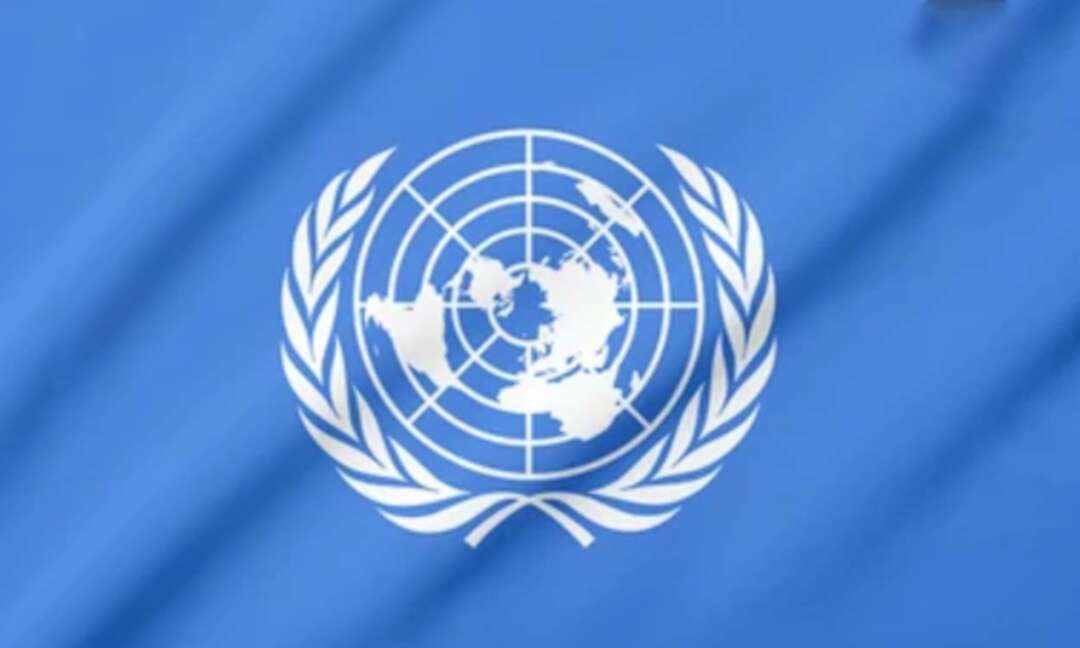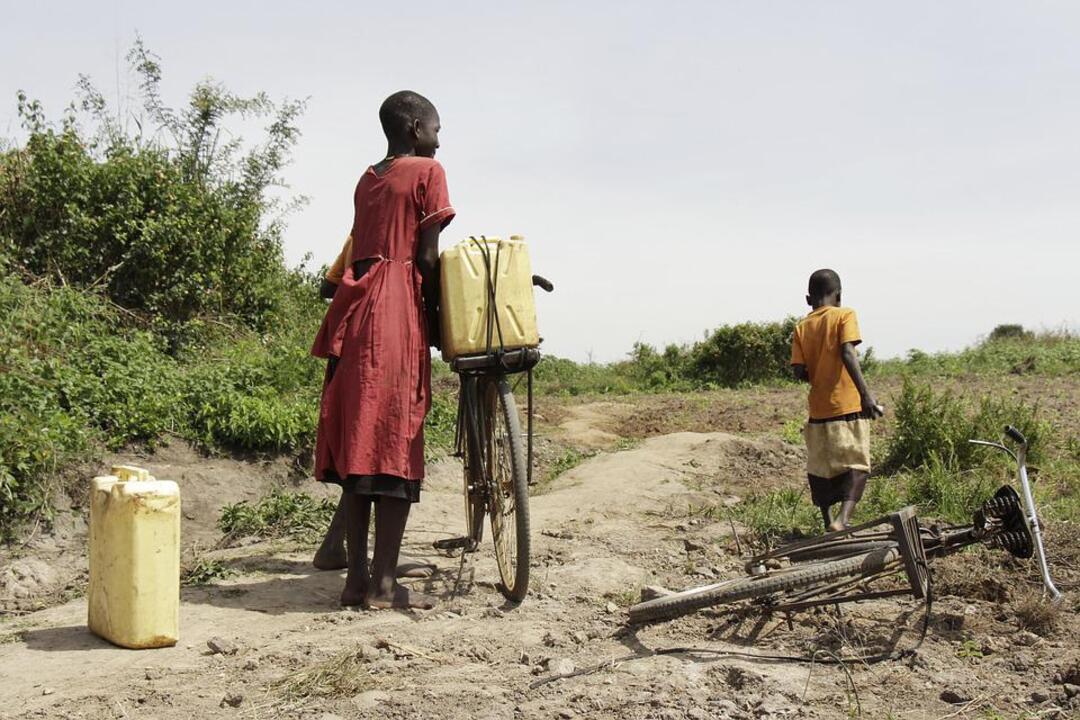-
50 million people across the world are still bound in 'modern slavery': UN

50 million people worldwide are subject to forced labour or forced marriage, the UN's International Labour Organization (ILO) announced Monday (Sep 12). It warned that the number of these people has substantially increased in recent years.
AFP reports that as per the new report, despite the United Nations' 2030 deadline to end all forms of modern slavery, the number of individuals subjected to forced labour or forced marriage increased by 10 million between 2016 and 2021.
The 2021 global estimates showed that much more men, women, and children have been forced to work or marry in the period since the previous estimates released in 2017.
It said 27.6 million people, or 3.5 people in every 1,000 worldwide, are in situations of forced labor, more than 3.3 million of whom are children, and 22 million who were forced into forced marriage.
That means that almost one in every 150 individuals worldwide is a victim of modern-day slavery.
One in five people who are compelled to work are children, and the survey stated that more than half of them are engaged in commercial sexual exploitation.

Out of the total, Asia and the Pacific host more than half with 15.1 people facing forced labor in the region, while 4.1 million people are forced to work in Europe and Central Asia, 3.8 million in Africa, 3.6 million in the Americas, and 900,000 people in the Arab States.
According to the ILO, migrant workers were more than three times more likely to experience forced labour than domestic workers, with more than half of all cases occurring in upper-middle-income or high-income nations.
Modern slavery in UK records an increase up to 62% on the previous year
In the lead-up to the FIFA soccer World Cup, which begins in November, Qatar was mentioned in the report. The nation is under fire for allegedly violating labour laws in relation to migrants working there.
The ILO study also made mentioned concerns regarding forced labour in several regions of China.
"Nothing can justify the persistence of this fundamental abuse of human rights," said Guy Ryder, head of the International Labour Organization (ILO).
You May Also Like
Popular Posts
Caricature
BENEFIT Sponsors BuildHer...
- April 23, 2025
BENEFIT, the Kingdom’s innovator and leading company in Fintech and electronic financial transactions service, has sponsored the BuildHer CityHack 2025 Hackathon, a two-day event spearheaded by the College of Engineering and Technology at the Royal University for Women (RUW).
Aimed at secondary school students, the event brought together a distinguished group of academic professionals and technology experts to mentor and inspire young participants.
More than 100 high school students from across the Kingdom of Bahrain took part in the hackathon, which featured an intensive programme of training workshops and hands-on sessions. These activities were tailored to enhance participants’ critical thinking, collaborative problem-solving, and team-building capabilities, while also encouraging the development of practical and sustainable solutions to contemporary challenges using modern technological tools.
BENEFIT’s Chief Executive Mr. Abdulwahed AlJanahi, commented: “Our support for this educational hackathon reflects our long-term strategic vision to nurture the talents of emerging national youth and empower the next generation of accomplished female leaders in technology. By fostering creativity and innovation, we aim to contribute meaningfully to Bahrain’s comprehensive development goals and align with the aspirations outlined in the Kingdom’s Vision 2030—an ambition in which BENEFIT plays a central role.”
Professor Riyadh Yousif Hamzah, President of the Royal University for Women, commented: “This initiative reflects our commitment to advancing women in STEM fields. We're cultivating a generation of creative, solution-driven female leaders who will drive national development. Our partnership with BENEFIT exemplifies the powerful synergy between academia and private sector in supporting educational innovation.”
Hanan Abdulla Hasan, Senior Manager, PR & Communication at BENEFIT, said: “We are honoured to collaborate with RUW in supporting this remarkable technology-focused event. It highlights our commitment to social responsibility, and our ongoing efforts to enhance the digital and innovation capabilities of young Bahraini women and foster their ability to harness technological tools in the service of a smarter, more sustainable future.”
For his part, Dr. Humam ElAgha, Acting Dean of the College of Engineering and Technology at the University, said: “BuildHer CityHack 2025 embodies our hands-on approach to education. By tackling real-world problems through creative thinking and sustainable solutions, we're preparing women to thrive in the knowledge economy – a cornerstone of the University's vision.”
opinion
Report
ads
Newsletter
Subscribe to our mailing list to get the new updates!






















